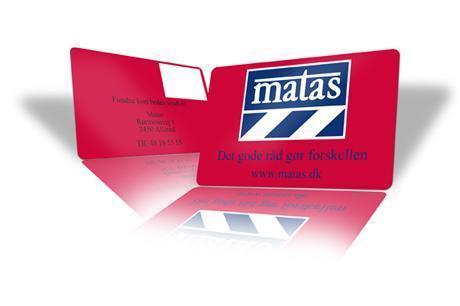No one can deny that the UK economy is currently in a fragile state. We’ve already been through a double-dip recession and economists are discussing the possibility of the country slipping into its third recession in just five years. However, while there have been losses across the majority of sectors, there are SMEs in manufacturing that are thriving thanks to flourishing export relations.
At PCS, for example, new business is being won on a daily basis and we’ve grown our export offering to 10 per cent of annual turnover in the past 12 months alone. This has been possible thanks to thorough new market assessments which have allowed us to put into place a strategy for dealing with any potential issues. For example, fluctuating currency exchange rates have been alleviated by forward fixing the value of the order with the bank for a fee, and researching the number of debtor days in target markets has given a steer on cash flow – a key consideration for any SME.
By implementing an ‘agent on the ground’ model, which began with a partnership with Logocard in Scandinavia, we’ve also been able to overcome language barriers and get an insight into local business etiquette and laws. Having an in-country agent also offers international customers the reassurance that comes along with having a representative close by.
Although perhaps an obvious point to make, a keen understanding of what your prospective market demands in terms of products and process can be the success or failure of your export endeavour. For PCS, investing in innovation has been key to ensuring we are meeting new market demands. We believe the announcement of the tenfold increase in the Additional Investment Allowance to £250,000 will really help to encourage the development of new technologies in the UK, which should in turn help strengthen the UK print industry’s position in the world marketplace.
This story first appeared in the bdaily online business blog





